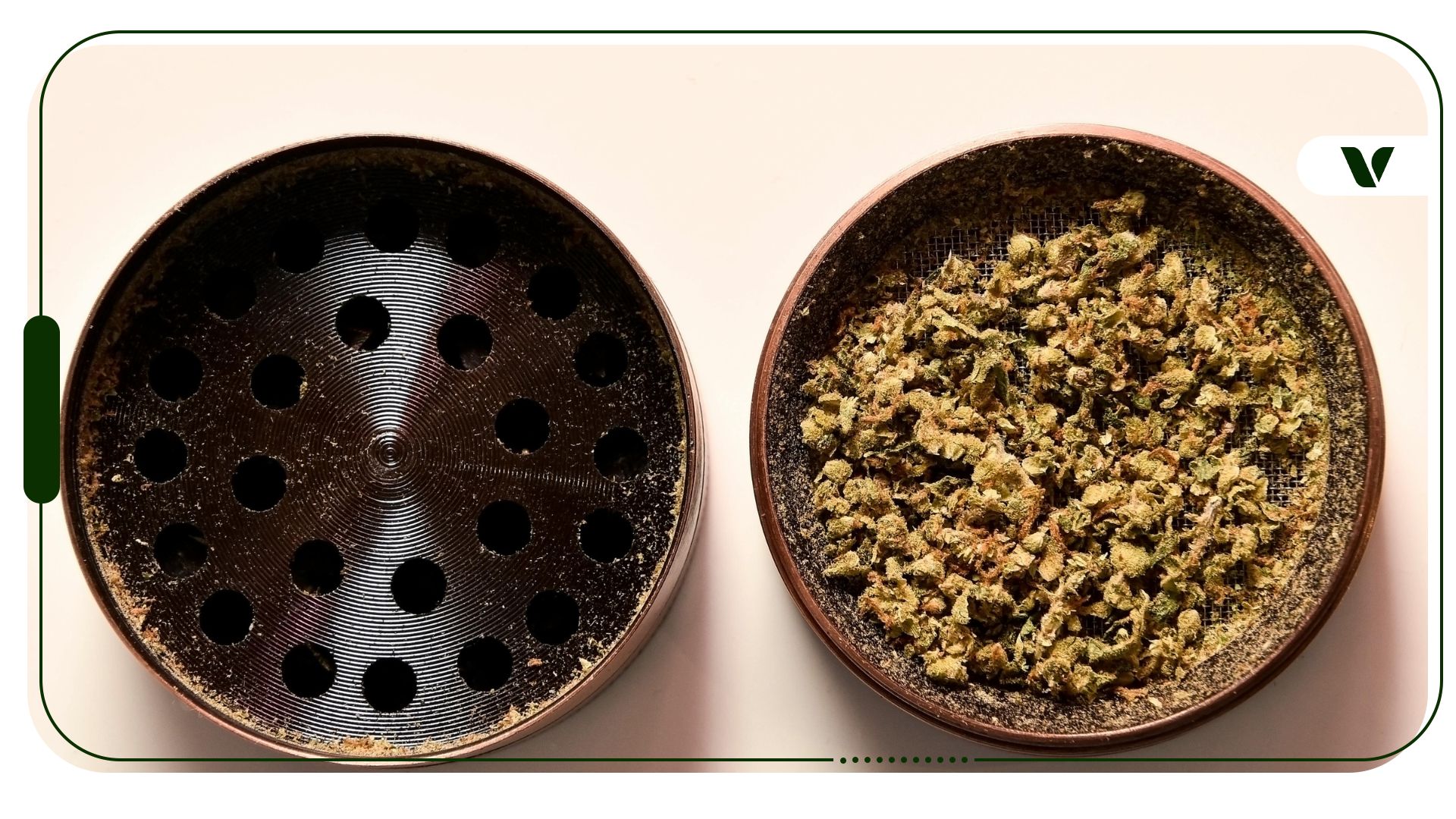How Colorado’s Legacy Dealers Are Saving The Industry From Itself
Play Video 33:44
Are you sure you want to hide the widget forever? If you need it back, please clear your cookies.
Color Filters
We are committed to ensuring digital accessibility for people with disabilities. We are continually improving the user experience for everyone, and applying the relevant accessibility standards to help users with various disabilities access our website effectively.
Our website strives to conform to the Web Content Accessibility Guidelines (WCAG) 2.1 Level AA standards. We also aim to be compliant with the Americans with Disabilities Act (ADA) and the European Accessibility Act requirements. These guidelines and regulations explain how to make web content more accessible to people with a wide range of disabilities. We acknowledge that some aspects of our website may not yet achieve full compliance, and we are actively working to address these areas.
Our website implements the Accessibly App, which provides a variety of tools to enhance website accessibility:
Despite our best efforts to ensure accessibility, there may be some limitations. Content provided by third parties, user-generated content, or certain legacy pages may not be fully accessible. We are continuously working to improve our website's accessibility.
We welcome your feedback on the accessibility of our website. If you encounter any barriers or have suggestions for improvement, please contact us. We are committed to addressing these issues promptly.
The accessibility features on this website are provided through the Accessibly App, which utilizes several technologies including HTML, CSS, JavaScript, and various frameworks to enhance accessibility. Our implementation strives to be compatible with major screen readers and assistive technologies.
While we strive to adhere to WCAG 2.1 Level AA standards and provide accessible content, we cannot guarantee that our website will be accessible to all users under all circumstances. This website is provided 'as is' without any representations or warranties, express or implied.
In no event shall we be liable for any damages arising from or related to:
By using this website, you agree to hold us harmless from any claims related to website accessibility issues. We are committed to addressing accessibility barriers in good faith but cannot guarantee immediate resolution in all cases.
If you have any questions about our accessibility efforts or encounter any barriers while using our website, please contact us.
Make an Appointment
Content Hub
Resources
Get Your Card Find a Dispensary Read ArticlesBack
Let us be your cannabis companion. Explore lifestyle hacks, how-to guides, and the latest in cannabis news.
Applying for your medical marijuana card is easier than ever. Just book an appointment. Talk to a doctor. And get your card. Bing. Bam. Boom.
Your medical cannabis journey simplified: find partnered dispensaries, explore pricing options, earn rewards, and get answers to FAQs, all in one spot.
1-855-452-6224 (Customer Support Available 24/7)
Stay up to date with the latest medical marijuana news, tips tricks, recipes and findings right here at Veriheal. Our platform connects you with knowledgeable medical marijuana doctors and guides you through obtaining your medical marijuana card.


What Is Decarboxylation? In scientific terms, decarboxylation is a chemical reaction that removes a carboxyl group from a molecule. A carboxyl group in molecular form is identified as COOH, or a carbon atom that is double-bonded to an oxygen and an -OH group. Decarboxylation occurs naturally at a very slow rate, but it can be…

Have you ever consumed cannabis and gotten a little too high for your liking? Or have you ever needed to calm down a friend who consumed too much weed for their tolerance level? If so, we’ve got you covered. Although an overdose (taking more than what is medically recommended) of delta-9 tetrahydrocannabinol (THC) is not…

Migraines are far more debilitating than typical headaches, often disrupting daily life. More and more people are turning to cannabis to manage their chronic pain, with migraines being the top reason among headache patients. Cannabis is such a powerful tool for migraine and pain relief that many patients even use medical marijuana in place of…

We all know honey comes from bees, and bees need flowers to make honey, so does this mean bees can make infused honey from the flowers of the cannabis plant? The details are more complicated than you’d think. Cannabis flowers don’t produce nectar, so bees can’t make honey from them. Since cannabis plants pollinate via…

Sign up for our newsletter

Learn the process in your state
All Rights Reserved Veriheal Inc. © 2025
Terms Privacy Policy Advertising Agreement Content Disclamer
Get your medical marijuana card today
Sign up in under 5 minutes
The statements made regarding cannabis products on this website have not been evaluated by the Food and Drug Administration (FDA). Cannabis is not an FDA-approved substance and is still illegal under federal law. The information provided on this website is intended for educational purposes only and is not intended to diagnose, treat, cure, or prevent any disease. It is not intended as medical advice and should not be considered as a substitute for advice from a healthcare professional. We strongly recommend that you consult with a physician or other qualified healthcare provider before using any cannabis products. The use of any information provided on this website is solely at your own risk.
Start By Selecting Your State